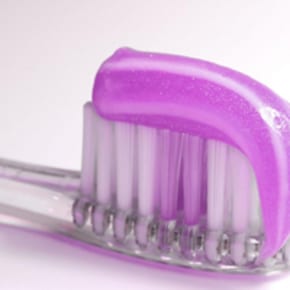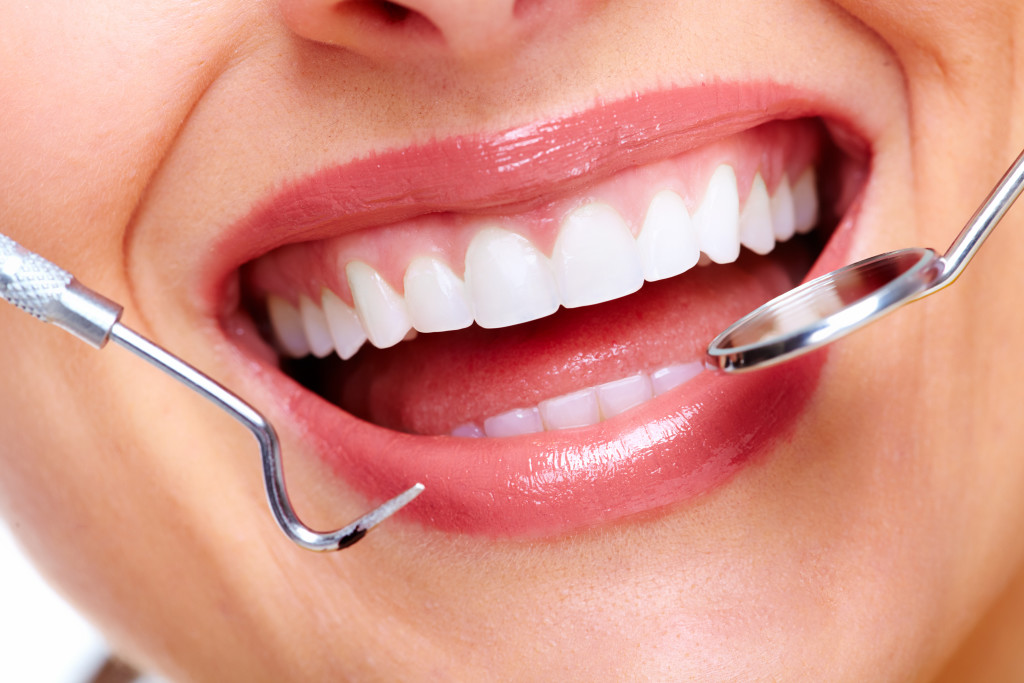 Toothpaste is used in almost every house by almost every person. However, it is rarely considered for treatment and its use is general. However, there are various toothpastes for various oral conditions. A standard toothpaste is alright for people who have overall healthy teeth and gum. However, people who have special conditions, which could be even dis-satisfactory effect of certain toothpaste, should consult their dentist about the most appropriate toothpaste. Sensitivity towards certain foods, addiction to certain beverages or certain forms of tobacco, etc. cannot be dealt by normal toothpaste. Selection of toothpaste has to be according to the condition of the person.
Toothpaste is used in almost every house by almost every person. However, it is rarely considered for treatment and its use is general. However, there are various toothpastes for various oral conditions. A standard toothpaste is alright for people who have overall healthy teeth and gum. However, people who have special conditions, which could be even dis-satisfactory effect of certain toothpaste, should consult their dentist about the most appropriate toothpaste. Sensitivity towards certain foods, addiction to certain beverages or certain forms of tobacco, etc. cannot be dealt by normal toothpaste. Selection of toothpaste has to be according to the condition of the person.
For sensitivity – Teeth may become sensitive due to exposition of dentin, recession of gums, etc. Such teeth have greater chances of decay. For such conditions, dentists prescribe toothpaste that contains potassium, potassium nitrate, strontium salts, etc., which strengthens the enamel and reduces sensitivity. Toothpastes with RDA indicator of 75 or less are the best among such.
For whitening – Whitening toothpastes have abrasive index of 200 or more. They are for healthy teeth that are unusually darken or stain. Consultation with a dentist is recommended as there are toothpastes with carbamide peroxide, hydrogen peroxide, etc. available in the market, which may cause severe reactions. Similarly cheap toothpastes contain coarse ingredients like regular chalk that may cause teeth sensitivity. For such conditions, dentists prescribe toothpastes that contain silica or sodium hydrogen carbonate.
Antiseptic, Antibacterial – Gum inflammation causes bleeding, irritation, swelling, etc. Toothpastes that contain chlorhexidine, triclosan, etc. are good for treatment of inflammation. However, regular use may affect healthy bacteria and consequently lead to fungal infections. For such conditions, dentists may prescribe toothpastes that contain medicinal herb extracts, which do not fight pathogens but catalyse the treatment of inflammation.
For decay – Amino fluorides, calcium glycerophosphate, sodium fluoride, sodium monofluorophosphate, etc. are beneficial for prevention of decay and reduction of sensitivity. Dentists prescribe toothpastes that contain these constituents in moderation. Excessive use of fluoride or phosphorous may compromise strength of enamel.
For children – Toothpastes with dicalcium phosphate, silica, etc. with less than 50 RDA index are alright for children between 3 years of age and adolescence. Fluoridated toothpaste should not be given to children below 3 years of age. A dentist would appropriately advice about selection of appropriate toothpaste for children below 3 years of age as their organ systems are very delicate then.






